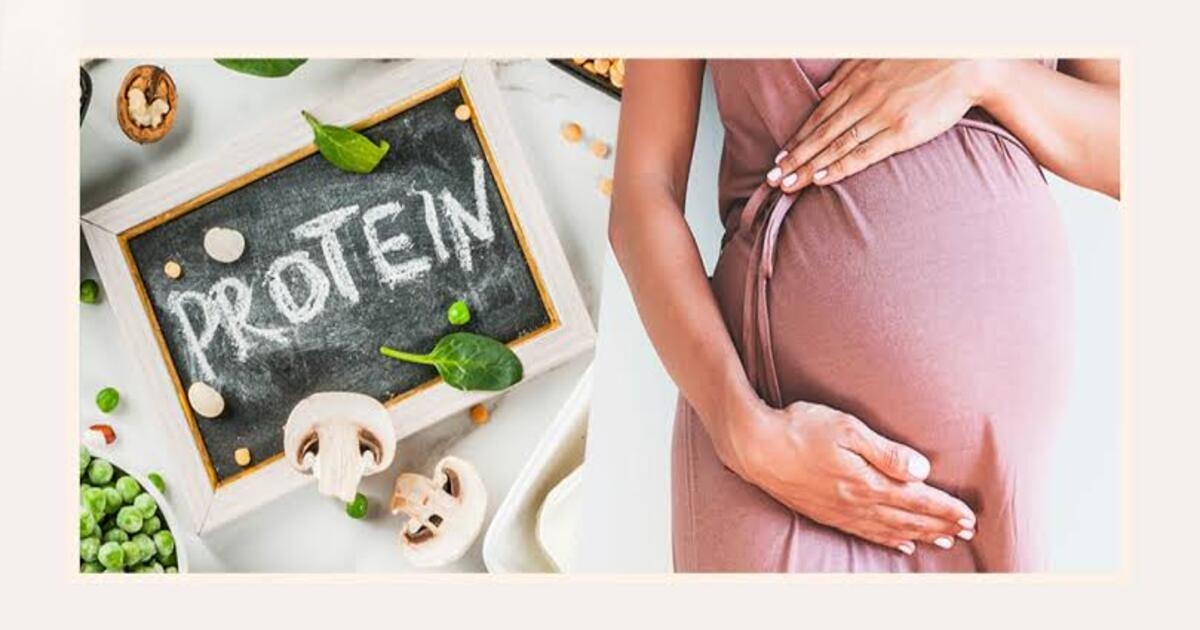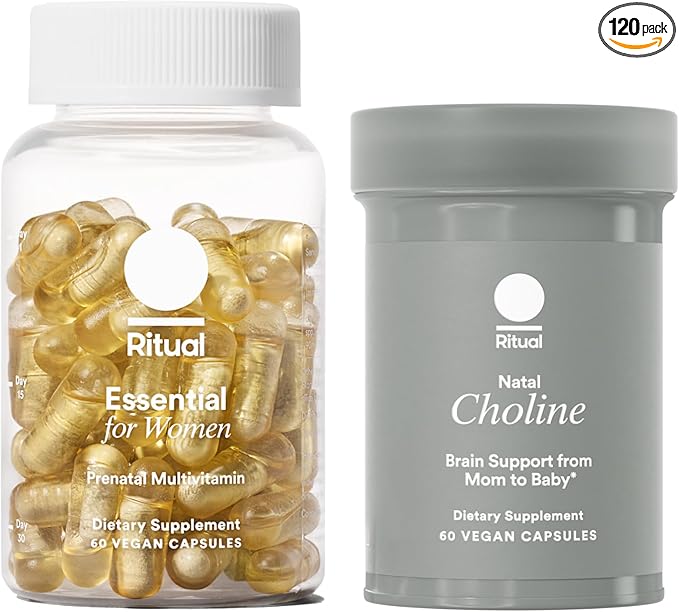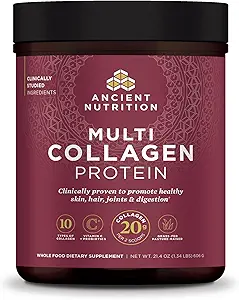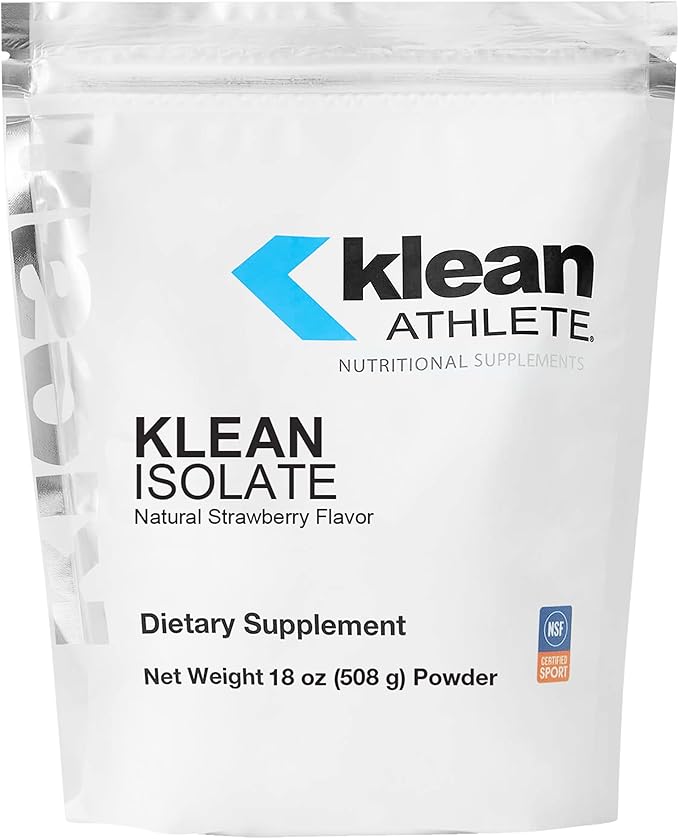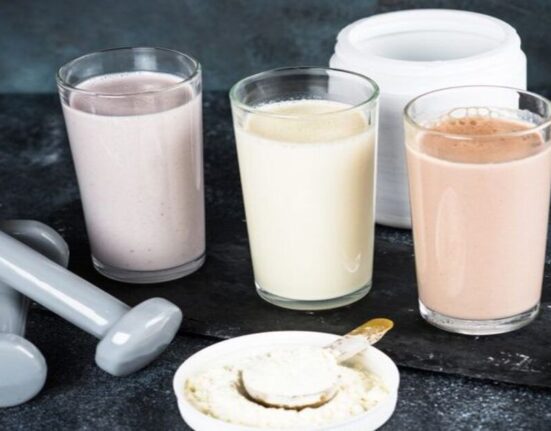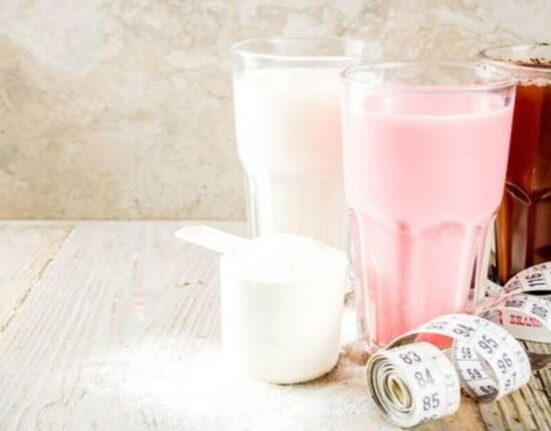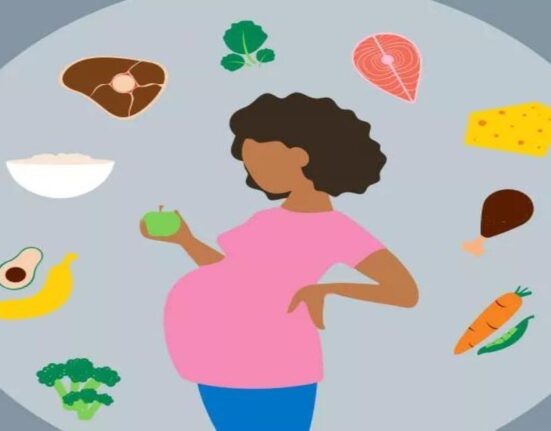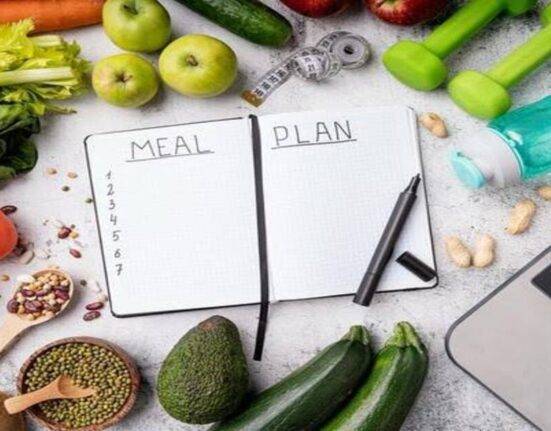Are you pregnant and suddenly thinking seriously about every single thing that goes into your body? Totally normal. Pregnancy changes the way we look at food, drinks, and even the simplest vitamins. And just like that, anything we used to take without thinking turns into a big question: Is this safe for the baby? In the middle of all this, some women start looking for a pregnancy safe protein powder. Maybe your appetite is low, maybe you’re doing some light exercise, or maybe you simply need extra protein… it actually makes sense.
Let me walk you through it step by step — how to pick a truly safe protein, when you actually need it, which types are best, and when it’s better to say “no… not now.”
Why would a pregnant woman need protein powder in the first place?
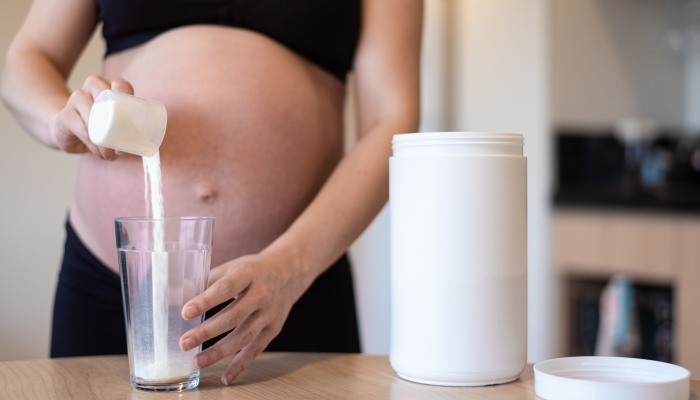
Pregnancy is weird sometimes. One day you feel hungry all the time, the next day you can’t stand the smell of food. And through all those ups and downs, your body still needs protein to build the baby’s tissues, support the placenta, keep your muscles strong, and give you energy.
Some women simply can’t reach their needed protein through food, and doctors sometimes notice a deficiency. That’s where a pregnancy safe protein powder becomes an easy solution: one smoothie with a scoop of protein and you’ve covered a good amount without much effort.
I actually know someone close to me who had really bad nausea and could hardly eat anything. Her doctor told her, “Use a light protein powder, it’ll help.” And it really did — she maintained her weight and the baby’s health improved.1
So… is protein powder safe during pregnancy?

The answer isn’t a full “yes” or a full “no.”
It all depends on the type. Not every protein powder is suitable for pregnancy — some contain lots of additives, artificial sweeteners, thickeners, or herbs that aren’t safe. A good pregnancy protein powder should be:
- From a clear, clean source (like whey or plant protein)
- Free from hormones
- Caffeine-free
- Free of metabolism-boosting ingredients (like fat burners and certain herbs)
- Low in sugar or sugar-free
- Free from aspartame or strong artificial sweeteners
- And of course — even if it sounds obvious — always double-check with your doctor if you have any medical conditions or a high-risk pregnancy.
Read also: The Best Pregnancy Diet Plan for a Healthy Baby and
The best pregnancy-safe protein types

Let me be honest: the market is huge. But there are a few types that are widely tested and generally considered safe because their formulas are simple and clean.
Whey Protein
- Probably the most common one. Easy to digest and tastes good.
- If you choose a clean, “grass-fed” whey, it’s usually very safe and low in unnecessary additives.
Plant-Based Protein
- Great if you’re sensitive to dairy.
- Popular sources include pea, rice, and chia.
- Just make sure it doesn’t contain processed soy, which can affect hormones for some women.
Collagen Protein
- Not your typical “muscle-building” protein, but very helpful for skin, joints, and tissues — many pregnant women use it with no issues.
- But keep in mind: it doesn’t replace your main dietary protein; it’s more of a light support supplement.
How much protein is enough — and can too much be harmful?
One common mistake is treating supplements like “the more, the better.” Not true. Too much protein can put extra pressure on the kidneys, especially if you’re not drinking enough water. Most pregnant women need about 60–80g of protein a day.
If you’re already eating half of that, then one or two scoops of pregnancy protein powder is more than enough. It’s not supposed to be your main source of protein just a gentle helper on the days when eating feels hard.
When should you not use protein powder during pregnancy?

Avoid protein supplements if:
- You have kidney issues
- Your doctor told you to reduce protein
- The powder contains stimulants, caffeine, or herbs not suitable for pregnancy
- It causes bloating or digestive discomfort — in that case, switch to another type immediately
- Your body will send you signals. Don’t ignore them.
Read also: Piyo Workout: The Perfect Routine to Combine Strength and Flexibility
How to choose the best pregnancy protein powder for you
These tips will save you a lot of confusion:
- Pick a product with a short, clean ingredient list
- Look for quality certifications like NSF or GMP
- Avoid strange flavors or unnecessary additives
- If it’s your first time, start with half a scoop and see how you feel
And honestly? A lot of it comes down to personal taste. Some women love chocolate flavor, others find vanilla easier. It’s really a personal experience.
Easy ways to add protein without feeling like you’re drinking a “supplement”
If you don’t enjoy protein shakes, try gentler options:
- Mix it into oatmeal or pudding
- Add it to Greek yogurt
- Use it in simple pancakes
- Blend it into a fruit smoothie
- The idea is to blend it naturally into your day, not turn it into a chore.2
Best pregnancy safe protein powders
When you’re pregnant, anything you put in your body suddenly feels like a big decision… even the simplest protein shake you used to drink without a second thought. And because the protein market is full of different types, flavors, and big promises, you find yourself searching for something truly “safe” and suitable for pregnancy — something that helps you meet your protein needs without weird additives or unnecessary ingredients.
That’s when the question every mom ends up asking pops up: What’s the best pregnancy-safe protein powder? In the lines ahead, you’ll find trustworthy options — and why each one of them can actually be a good choice for pregnant women.
Ritual Prenatal Plant-Based Protein
Ritual Prenatal Plant-Based Protein
Prenatal multivitamin + choline for fetal brain development, neural tube support, and gentle nutrient absorption. Traceable, science-backed, and third-party tested for purity and safety.
A trusted plant-based option with a clean, simple formula. It’s made from pea protein, so it’s gentle on the stomach. It also contains a bit of choline great for the baby’s brain development. Perfect if you like straightforward, minimal products.
Needed. Hydrolyzed Collagen Protein
Needed. Hydrolyzed Collagen Protein
10-type collagen from real food sources with probiotics & vitamin C for hair, skin, joints, and gut support. Highly absorbable, clean, non-GMO, easy to mix, and 3rd-party tested.
This isn’t a “gym protein,” it’s more of a supplement that supports your skin, joints, and the tissues that get stressed during pregnancy. The formula is literally pure collagen from good sources. It’s not your main protein source, but many women swear by it for reducing aches. Plus, it mixes into anything because it has almost no taste.
Klean Athlete Whey Isolate
Klean Athlete Whey Isolate
NSF Certified whey isolate with no sweeteners or additives. Easy to mix, boosts daily protein for athletes, GMO-free, gluten-free, and 3rd-party tested for clean, peak-performance nutrition.
If you prefer whey and want something very reliable with minimal additives, this is a great choice. It goes through strict testing and is free from ingredients that might bother you during pregnancy. One scoop gives around 20g of protein perfect for boosting your intake on low-appetite days.
Conclusion
Thinking about using a pregnancy protein powder isn’t something to worry about it actually shows you care about your health and your baby’s health. Just make sure your choice is thoughtful, clean, and not random. Ask your doctor if you’re unsure, stick to simple formulas, and don’t overdo it. And most importantly… listen to your body. It’s usually the most honest guide you have.
Read also: The Ultimate Guide to the Best Diet for Women Over 50
Reference





